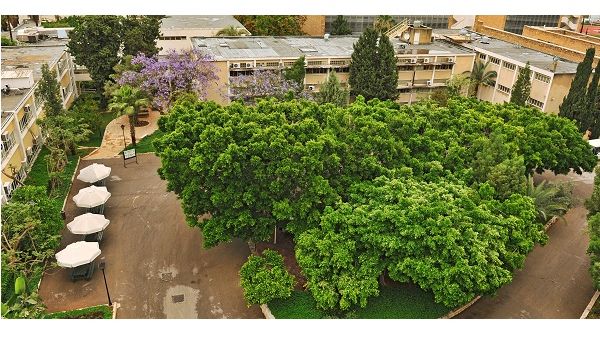AUB Faculty of Agriculture and Food Sciences Researchers Develop a Research Agenda in the Field of Nutrition in Non-Communicable Diseases

The American University of Beirut (AUB) ranked third in terms of research productivity (number of research papers) in the area of nutrition and non-communicable diseases, after King Saud and King Abdulaziz universities. Among these universities, AUB ranked first in terms of quality of research (as assessed by impact factor of published papers and the number of citations).
This ranking was featured in a recent scoping review that a group of researchers from NFSC (Dr. Nahla Hwalla, Dr. Farah Naja, Dr. Hibeh Shatila, Dr. Sally Haber and Dr. Lara Nasreddine) have conducted; whereby all research papers published in the field of nutrition and NCD in the 22 Arab Countries were reviewed.
This study is considered an important milestone as it is the first time AUB researchers, not only map existing research, but also lay out the process and framework that Arab countries should follow to develop a nutrition research in relation to NCD. Up until recently, the research in this field was not guided by any framework or informed agenda, therefore significantly limiting its impact on population health. This process is based on each country’s culture, available resources and population, and can be applied to the 22 Arab countries.
Furthermore, the study highlighted significant gaps in nutrition and NCD research among the 22 Arab countries and have identified few opportunities. The main gaps identified were related to the predominance of laboratory-based studies with few cohort and intervention studies, and the small percentage of papers examining dietary patterns. While food frequency questionnaires (FFQs) were the main dietary assessment method used, only 35% were validated. Very few studies included children and the majority considered nutrition in isolation, excluding other environmental factors.
Opportunities identified included the promising momentum in studying nutrition and NCDs among Arab countries (evidenced by an increasing number of papers published over the years) that may be the guide that will fill the identified gaps in future nutrition-related research. In addition, the higher number of papers in high-income countries coupled with the impact of papers in middle-income countries suggests an opportunity of synergistic collaboration among these countries.
The proposed process for the development of an informed research agenda and the identified gaps and opportunities presented in AUB study provides an essential guide for policy makers and other stakeholders (including members of the research community, funding agencies, NGOs, and the private sector) to conduct relevant research for the development of culture specific and evidence based intervention strategies that aim to curb the escalating prevalence of NCDs in these countries.
Background Information
American University of Beirut
Founded in 1866, the American University of Beirut is a teaching-centered research university based on the American liberal arts model of higher education. AUB has over 9,000 students and over 1,200 instructional faculty members. The University encourages freedom of thought and expression and seeks to graduate men and women committed to creative and critical thinking, lifelong learning, personal integrity, civic responsibility, and leadership.





